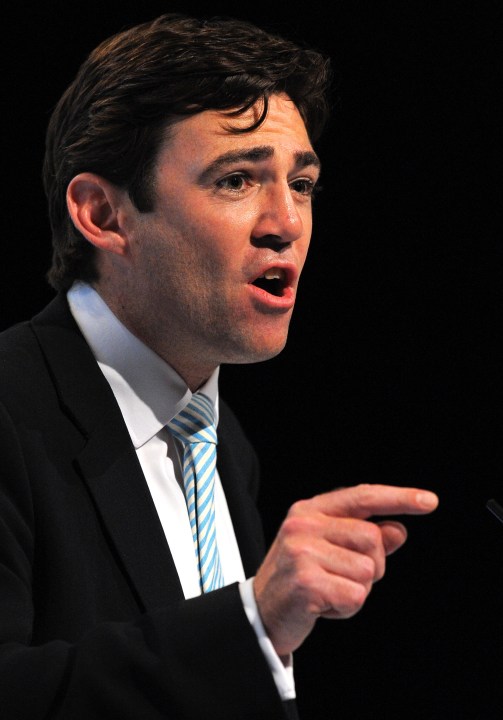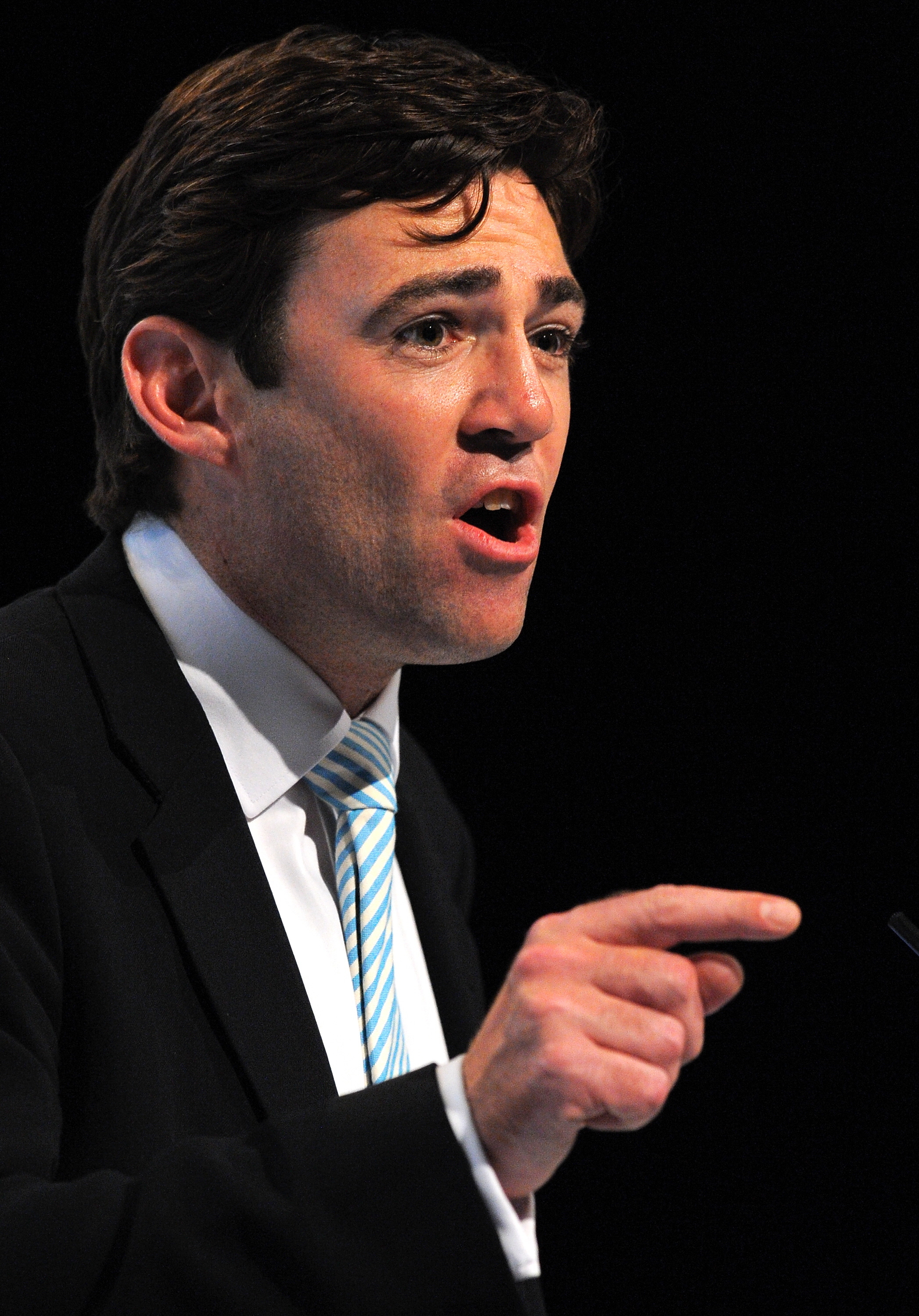 So, the Labour Party has finally woken up to the idea that there might be some mileage
in opposing the Government’s health reforms. Throughout much of this year a predictable alliance of the perennially opposed – doctors, health unions, Liberal Democrats, among others –
has maintained a barrage of malice and misinformation against the Health and Social Care Bill. Nothing in their tactics, from their arrogant assumption of a monopoly of concern for ‘patients’ to
their endless whining about ‘privatisation’, has come as much surprise. The only remotely unusual thing about their campaign has been Labour’s near-total absence from it.
So, the Labour Party has finally woken up to the idea that there might be some mileage
in opposing the Government’s health reforms. Throughout much of this year a predictable alliance of the perennially opposed – doctors, health unions, Liberal Democrats, among others –
has maintained a barrage of malice and misinformation against the Health and Social Care Bill. Nothing in their tactics, from their arrogant assumption of a monopoly of concern for ‘patients’ to
their endless whining about ‘privatisation’, has come as much surprise. The only remotely unusual thing about their campaign has been Labour’s near-total absence from it.
Andy Burnham, who was made shadow health secretary last month, clearly wants to change this. Yesterday he launched Labour’s own ‘Drop the Bill’ campaign, which he tells us in full Henry V mode will be the ‘final rallying cry’. ‘It is time for [the Government] to drop this Bill and let the NHS focus on the financial challenge’, says Mr Burnham, thus aligning himself almost exactly with another former health secretary, Stephen Dorrell. Mr Dorrell can at least claim to have been saying the same thing (albeit in code) for a year or more.
To advance his push, Mr Burnham is promising events across the country for the next three months. This may be premature, and it would be wise for Labour’s money men not to commit any of their scarce resources to this forward enterprise. At the current rate, in three weeks, let alone three months, there won’t be anything in the Bill left to drop. The heavy lifting, or rather the heavy dropping, is all being done by the Government itself.
It has never been easy to pinpoint what exactly these health reforms are about, but for each of the core ideas, as best they can be disinterred, there has been a corresponding loss of nerve on the Government’s part. The powerful concept of giving GPs more say in how local health services should be planned and budgets spent – an idea that had its radical origins in GP fundholding two decades ago – has been drowned in a tank of committees and consultation. This was brought about during the ‘pause’ in the Summer because the other clinical tribes couldn’t bear the thought of GPs getting one over them. As a result, it will take years of training and specialist equipment to be able to discern the difference between the new ‘clinical commissioning groups’ and the old primary care trusts, from which they were supposed to be such a bold departure.
The national Commissioning Board is also destined to disappoint. Designed to be the fulcrum of the new NHS and the key mechanism for removing it from political interference, it will be run (at Downing Street’s insistence) by the current NHS chief executive, whose commitment to these reforms is precisely zero, and overseen by a chairman, Malcolm Grant, who hardly inspires one as a renovating force. It was clear when Professor Grant recently went before the Health Select Committee for confirmation that he is more or less clueless about what his role is meant to be. Worse, he has his lines to take selected for him by the same electronic randomised jargon generator that is the fons et origo of all Department of Health policy statements.
The idea of competition in health services meanwhile is gradually being smothered. Monitor, which was Andrew Lansley’s big idea as the enabling regulator for a functioning (if still limited) health market, will be less economic in its nature than eunuch. Even the concept of autonomy looks set to disappear from the face of the Bill – another government concession – while the wording will also be changed so as to pin day-to-day responsibility for how health services are delivered onto the Secretary of State himself. So much for the determination to get away from the centrally-driven, target-infested NHS.
Surprising as it is how little Labour have done to trash the Bill, it is no less odd than how trembling have been the Government’s efforts to champion its own reforms. Of course, the coalition as a whole has been sharply divided on the matter, but Andrew Lansley, who has invested so much of himself in the project, seems curiously reluctant to stand up for it. It is an irony that Mr Lansley owes his position today to his ability to curry favour with the vested interests of the health world. In opposition his brief was to keep the NHS quiet, and he did this most adroitly, by explaining to various health audiences those aspects of unpopular government policy he would happily take apart. Unfortunately, he cannot seem to kick the habit now he is the Secretary of State. Time and again he defends his policy by trying to explain what it is not, not what it is.
This failure is part of a more general malaise within the Government, identified by Tim Montgomerie among others, that it is struggling to make clear for what it stands. Mr Montgomerie has also floated the idea that the next health secretary should be Vince Cable. At first I thought this was an absurd suggestion, and put forward probably only as a way of devising a cruel and unusual punishment for the business secretary. The Tories, I reasoned, need to keep control of their own health policy. Yet the more I see of their willingness to let that policy drift in whatever direction their critics want to push it, the more I wonder whether the gains of such a stratagem might not outweigh anything that remains to be lost.
Richard Marsh is a former special adviser to two Conservative Secretaries of State for Health.







Comments